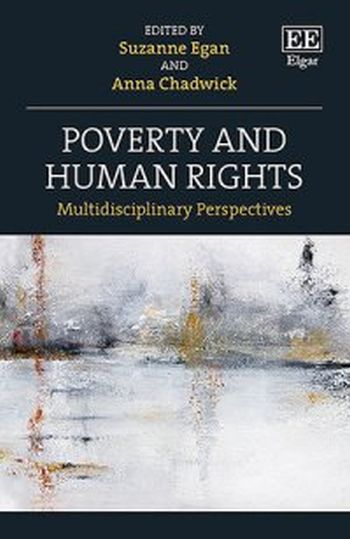
This timely and insightful book brings together scholars from a range of disciplines to evaluate the role of human rights in tackling the global challenges of poverty and economic inequality. Reflecting on the concrete experiences of particular countries in tackling poverty, it appraises the international success of human rights-based approaches.
Drawing on insights from philosophy, history, economics and politics, contributors consider a range of questions concerning the nature of human rights and their possible relationship to poverty, inequality and development. Chapters interrogate human rights-based approaches and question whether the normative human rights framework provides a sound foundation for addressing global poverty and equitable distribution of resources. Probing practical questions concerning the extent to which international human rights institutions have been effective in combating poverty, this thought-provoking book considers possible strategies in response to the challenges that lie ahead.
Offering robust and provocative guidelines for the future of human rights and development, this unique book will be indispensable for academics and researchers investigating the intersection of human rights and poverty, particularly those interested in human rights-based approaches to tackling inequality. Its practical insights will also benefit policy-makers in need of novel methodologies for promoting equality.